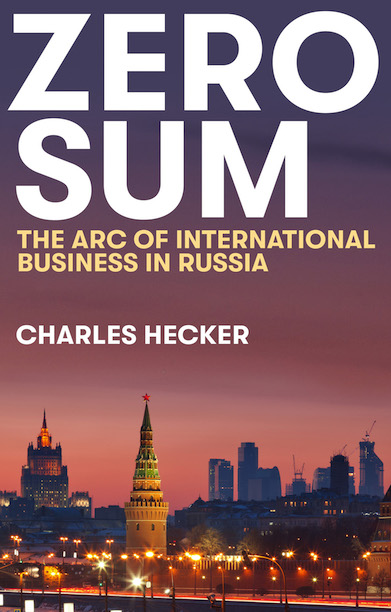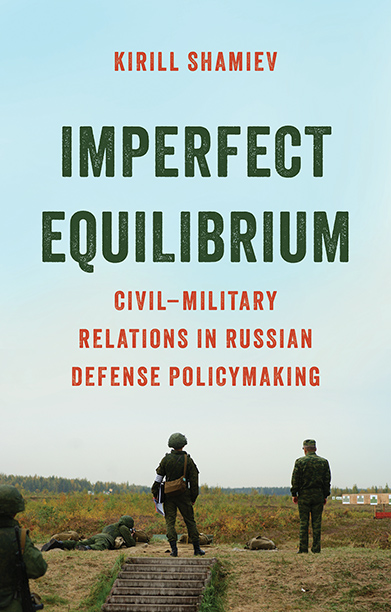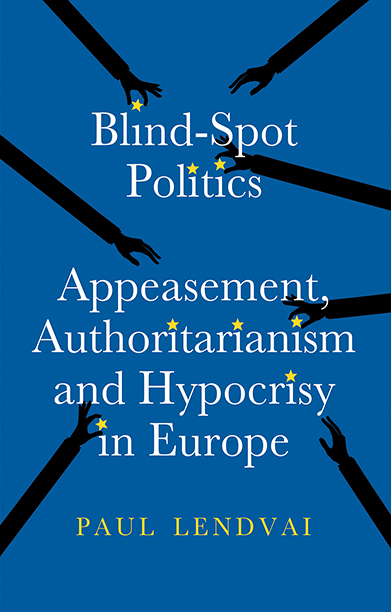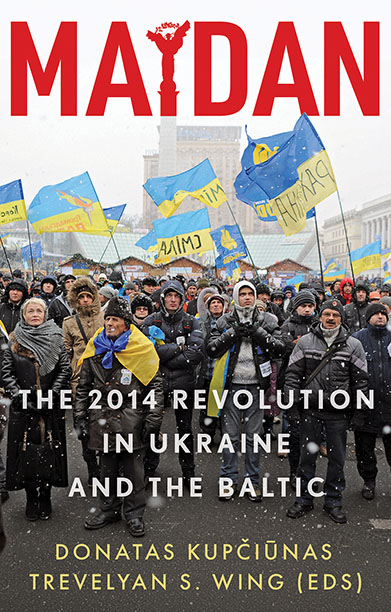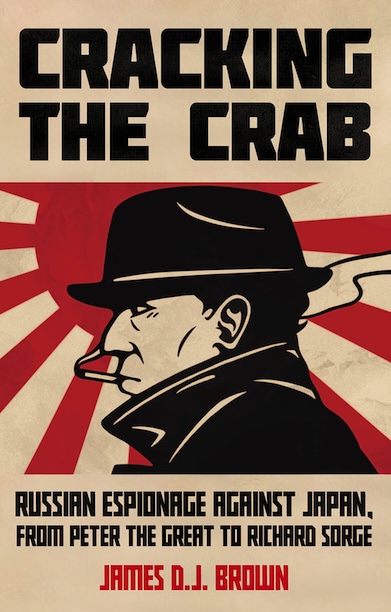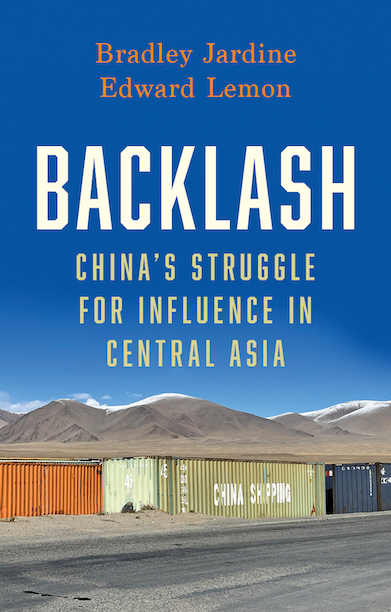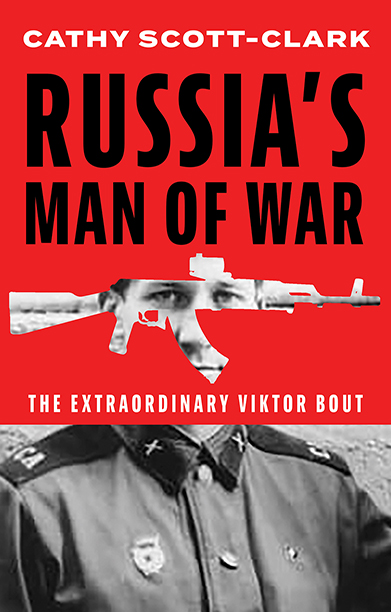Zero Sum
The Arc of International Business in Russia
Part of the New Perspectives on Eastern Europe and Eurasia seriesFrom communism to capitalism to collapse, the highs and lows of doing business in post-Soviet Russia.
Description
When the hammer and sickle came down in late 1991, Russia’s feverish new market opened for business. From banking to breweries, sectors emerged out of nowhere, in a country that had never had a functioning economy. For the next three turbulent decades, a wild, proto-capitalist free-for-all transformed Russian society.
Then, in 2022, Putin launched the full-scale invasion of Ukraine. The market started to collapse; Western firms fled Moscow’s skyscrapers. No country this large had ever remade itself so dizzyingly – now, just as dramatically, it was over. The intervening decades had seen phenomenal successes and crushing failures; the creation and destruction of enormous fortunes. How did it all happen?
Zero Sum brings to life the complex, vivid colour of one of the greatest experiments in the history of global commerce. What have businesses learnt—or failed to learn—from this adventure, both about Russia and about dynamics between countries and companies in the face of relentless change?
Reviews
‘[Hecker’s] conclusion is bleak and correct: modern Russia was cursed, probably fatally, by its totalitarian and imperial past.’ — The Times
‘[A] fascinating exploration of the role western business has played in Russia’s development.’ — Financial Times
‘A smart, often colorful book, enlivened by the grim smirk of someone who has intimate knowledge of how the everyday Russian economy really works. … Lays bare the callous thinking of foreigners who raked in their profits and turned a blind eye to Russia’s deteriorating political situation.’ — The New York Times, Editors’ Choice
‘Hecker gives a largely accurate, frequently entertaining and occasionally enlightening account of Russia’s journey from communist to right-wing authoritarianism from a business perspective.’ — The Irish Times
‘Hecker speaks with dozens of Western business executives, bankers, and financiers who reaped immense profits in the Russian market after the collapse of the Soviet Union.’ — Foreign Affairs
‘Hecker paints a colourful mosaic of rise and fall … in explaining how western investors came to call Moscow their pecuniary home from home.’ — The Tablet
‘A fascinating read for those interested in international business and Russian history.’ — Russia Matters
‘A grizzly odyssey … full of crisp soundbites.’ — The Cipher Brief
‘A magnificent book. A tour de force exploration of the rollercoaster story of Western capitalists and their misadventures in post-communist Russia, chronicling the hope, the naivety, the idealism, and the greed, arrogance and folly in glorious, highly readable detail. There has been no more thorough, moving or better-researched study of the epic cycle of the opening of Russia’s economy in a blaze of ill-founded optimism in the early 90s to its closing in bitter recrimination and conflict in the wake of Putin’s invasion of Ukraine. Tight and acutely observed with an expert reporter’s eye, this book explains in forensic detail Russia’s path, made of equal parts of hope and venality, from what could have become a prosperous, peaceful European nation to its descent into bandit capitalism and totalitarian kleptocracy.’ — Owen Matthews, author of Overreach: The Inside Story of Putin’s War on Ukraine
‘From the early days of the post-Soviet gold rush, to the rise of Vladimir Putin and the advent of Western sanctions, and now, the strange would-be embrace of 2025, few others can claim to have had such an up-close view of it all. With clarity and smarts, Hecker offers an invaluable (and rollicking!) guide to the hopes, dreams, and historically sordid saga of Russia’s dance with Western business.’ — Andrew Meier, author of Black Earth: A Journey Through Russia After the Fall and Chechnya: To the Heart of a Conflict
‘Hecker captures all the adventure, greed and profound mismatch of business cultures that first enriched and then burned Western investors in post-Cold War Russia, a “Las Vegas with snow.” Zero Sum opens a new window onto how the West’s brief love affair with Russia could have gone so wrong, so fast.’ — Marc Champion, international affairs columnist and former editor-in-chief of The Moscow Times
‘Unputdownable, so readable and accessible.’ — Kristian Ulrichsen, Fellow for the Middle East at Rice University’s Baker Institute for Public Policy
‘A masterful guide to Russia’s 1990s peaks and troughs, its 2000s apex and its contemporary valley between sanctions and Putin’s steadily tightening economic grip. Zero Sum lifts the veil on the thinking behind Western investment in Russia, with invaluable lessons for designing future approaches to economic security.’ — Maximilian Hess, author of Economic War: Ukraine and the Global Conflict between Russia and the West
‘A rollicking, readable account of an era in global history marked by heady risk taking and now a heavy reckoning on Russia. As the collective bet on Russia’s future comes in for rethinking, Zero Sum offers hard-earned and well-written lessons to business, government and other institutional leaders.’ — John Gans, author of White House Warriors: How the National Security Council Transformed the American Way of War
‘A gripping and fresh account of the geopolitics of Western economic engagement and extrication from Russia. Hecker expertly reveals why globalisation failed to transform the country and how so many Western observers misread the Kremlin’s true calculus behind its 2022 invasion of Ukraine.’ — Alexander Cooley, Claire Tow Professor of Political Science, Barnard College, Columbia University
‘A detailed and lively chronicle of the challenges faced by Western businesses trying to pursue trade and investment in Russia.’ — Craig Kennedy, Center Associate, Davis Center for Eurasian and Russian Studies, Harvard University
Author(s)
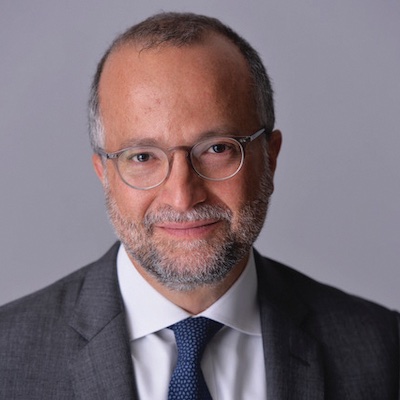
Charles Hecker has spent forty years travelling and working in the Soviet Union and Russia. He has worked as a journalist and a geopolitical risk consultant and has lived in Miami and Moscow. He currently resides in East London. A fluent Russian speaker, he holds degrees from the University of Pennsylvania and Harvard University.
